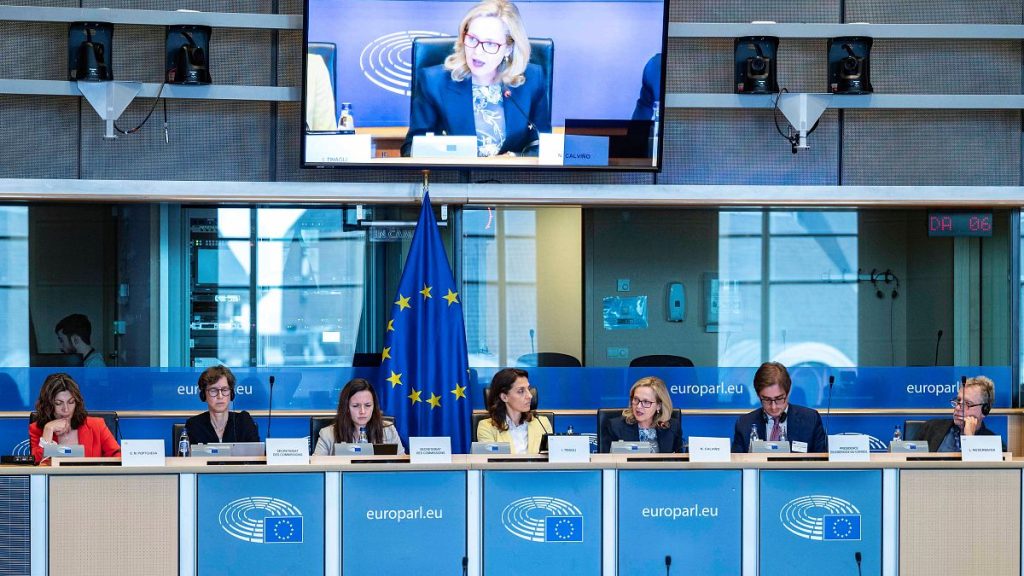The European Parliament is undergoing significant changes in terms of political groups and leadership, with the first plenary session scheduled for July. The central European People’s Party group, in coalition with Socialist & Democrat, green, and liberal allies, is taking shape, but the growing far-right presence adds a level of unpredictability that could impact financial policies in the next five years. There is a general consensus among lawmakers to focus on enforcement and implementation rather than creating more regulations, but political groups disagree on how to boost long-term economic growth. Low productivity, lack of financing for high-potential businesses, and barriers for innovative European firms are key issues that need to be addressed to improve the economic performance of Europe. Reforms such as the strengthening of the Capital Markets Union and projects like the digital euro are on the agenda of centrist MEPs, while populist and far-right parties may hinder progress in these areas.
The newly formed economic and finance committee in the European Parliament will play a crucial role in shaping future financial policies. Over 25 full members of the committee are expected to return for another five years, including key figures like committee chair Irene Tinagli and vice-chairs Markus Ferber, Stéphanie Yon-Courtin, Jonás Fernández, and Johan Van Overtveldt. However, some notable members, such as Romanian economist Dragoș Pîslaru and professor Marek Belka, did not get re-elected. Among the newcomers who may have a significant impact on the committee are figures like former Belgian Prime Minister Sophie Wilmès, businessman and politician João Cotrim de Figueiredo from Portugal, economist Pasquale Tridico from Italy, MEP Fabio de Masi from Germany, and Sérgio Gonçalves from Portugal.
Sophie Wilmès, Belgium’s first female prime minister, is a prominent newcomer to the economic and finance committee. She has a background in communications and financial management and has previously served as a financial officer for the European Commission. João Cotrim de Figueiredo, a businessman and politician from Portugal, brings his experience in the financial sector to the committee. Pasquale Tridico, an economist from Italy, has expertise in areas like economic growth, welfare models, and sustainable development. Fabio de Masi, a German-Italian MEP with a background in economics, is known for his work in fighting corruption. Sérgio Gonçalves is a member of the new generation of Portuguese Socialists in Brussels and Strasbourg, bringing his background in economics and international management to the table.
The European Parliament will hold its first parliamentary committee meetings between 22 and 25 July, where members will begin to discuss and shape future financial policies. There is a general consensus among lawmakers that the focus should be on enforcement and implementation to improve economic growth in Europe. The committee will address key issues such as low productivity, lack of financing for high-potential businesses, and barriers to innovation to strengthen the economy. New members of the committee, including prominent figures like Sophie Wilmès and João Cotrim de Figueiredo, bring diverse backgrounds and expertise to the table, which will be crucial in shaping the financial policies of the European Union in the coming years. As the Parliament navigates through political shifts and new leadership, the economic and finance committee will play a pivotal role in driving economic growth and stability across the Union.













